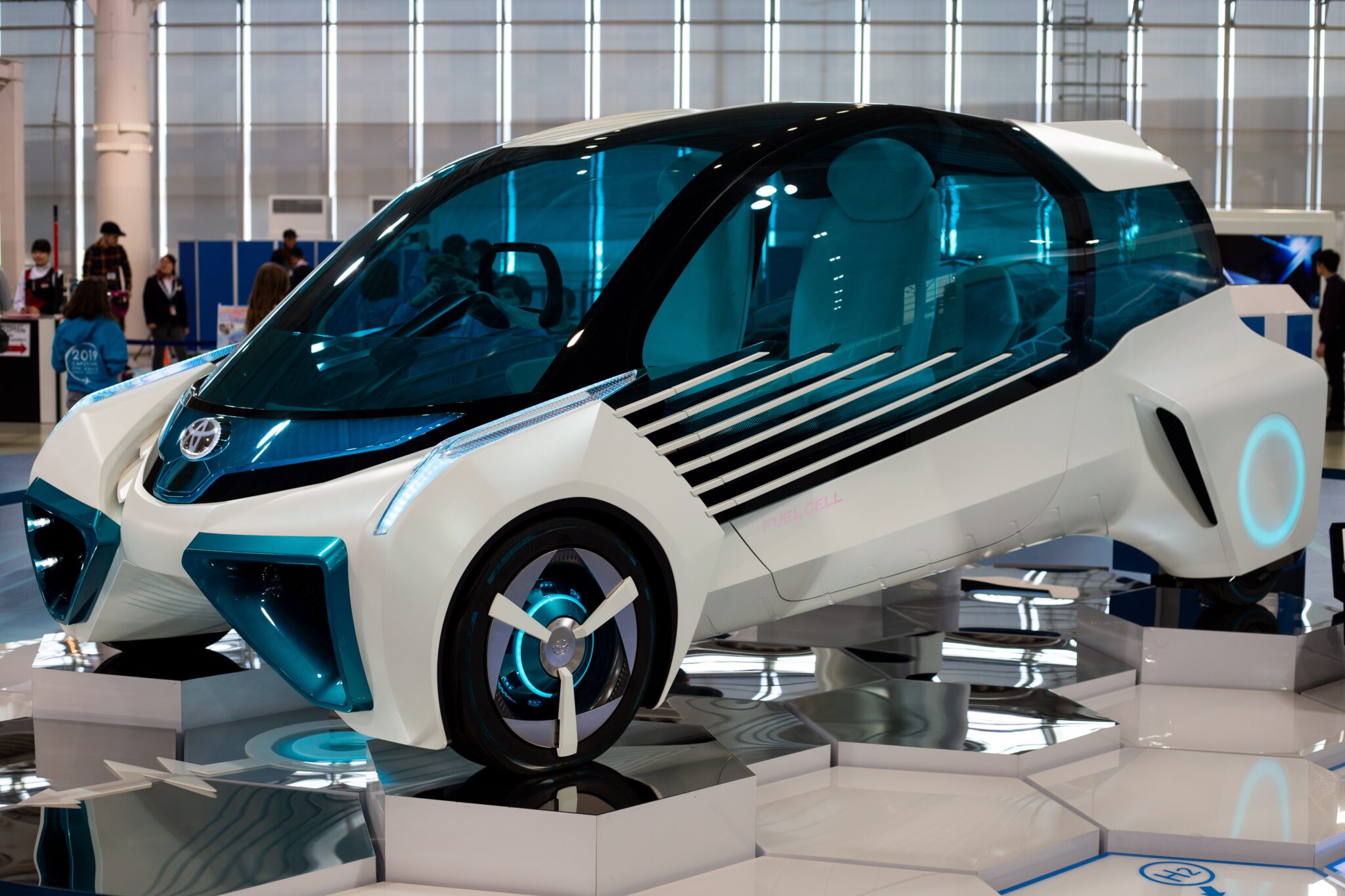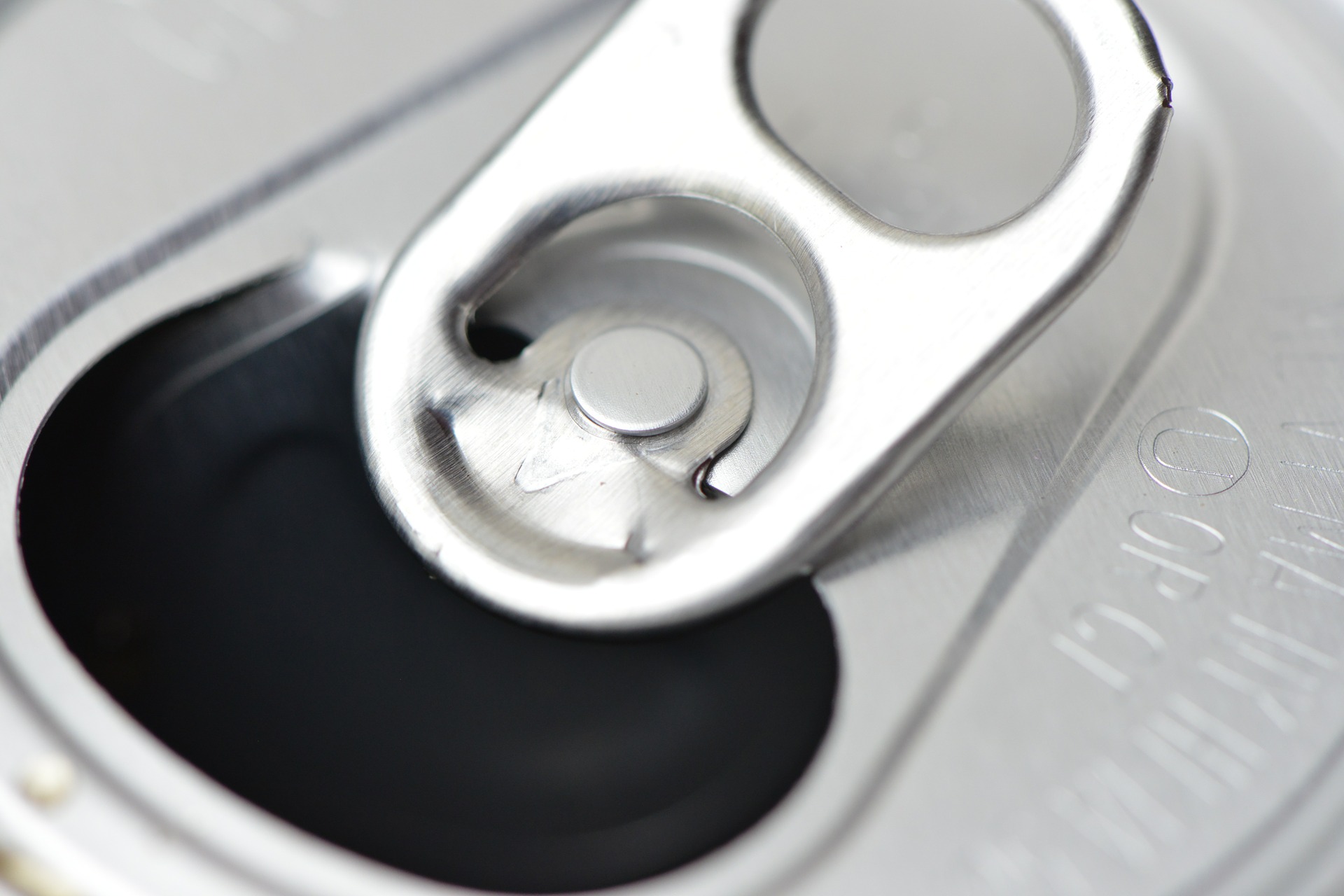Hydrogen fuel is a promising technology that contributes towards a low-carbon energy mix. Hydrogen fuel can be a superior alternative to fossil fuels, but remains expensive and thus makes it very hard for hydrogen fuel cars to gain market share.
What is Hydrogen?
Hydrogen is the simplest element in the universe. An atom of hydrogen consists of one proton and one electron.
Hydrogen is always combined with other elements. Water, for example, is a combination of hydrogen and oxygen (H2O). Hydrogen is also found in organic compounds.
Hydrogen around the world is produced from four main sources: Coal (18%), Oil (30%), Natural gas (48%), and Water (4%).
Production of Hydrogen Fuel
After the extraction of hydrogen, it can be used in fuel cells to produce electricity.
Fuel cell needs three main components to make a chemical reaction.
It consists of 2 electrodes: a negative electrode (anode) and a positive electrode (cathode) and an electrolyte membrane so the electrolyte is between the anode and the cathode.
Fuel, like hydrogen, is fed to the anode, and therefore the air is fed to the cathode.
A typical cell works by passing hydrogen to the anode of the cell through flow fields and oxygen to the cathode.
In a hydrogen cell, a catalyst separates hydrogen atoms into protons and electrons, which take different paths to the cathode.
The electrons are forced to travel through an external circuit, generating an electrical current, a flow of electricity, and excess heat.
The protons migrate through the porous electrolyte membrane to the cathode, where they unite with oxygen and therefore the electrons coming back from the circuit to supply water molecules, heat, and other products.
The combination of oxygen and ionized hydrogen is considered the basis for the chemical reaction.
A polymer electrolyte membrane permits only the acceptable ions to pass between the anode and therefore the cathode.
At the end, the charged hydrogen atoms react with the oxygen to make both water and therefore the heat while creating an electrical charge.
Extraction of hydrogen
Natural Gas Reforming/Gasification.
By reacting natural gas with high-temperature steam. The carbon monoxide gas is reacted with steam to supply additional hydrogen.
Electrolysis
An electrical current splits water into hydrogen and oxygen.
Renewable Liquid Reforming
Like ethanol is reacted with high-temperature steam for the production of hydrogen.
Fermentation
Biomass is converted into sugar-rich feedstocks which will be fermented to supply hydrogen.
Difficulties in the production of hydrogen fuel
Safety and environmental concerns
Hydrogen is extremely flammable and explosive when in the presence of air.
Carbon dioxide emissions
Because of current technology hydrogen is made primarily from fossil fuel reformation. This would lead to a higher rate of than if the fossil fuels were used directly.
Purity of hydrogen
Another issue with hydrogen is that when using it as part of a fuel cell, you require ultrahigh pure hydrogen at levels up to 99.999%.
Fuel Storage
Hydrogen’s energy density is low, thus so storing hydrogen becomes a problem since it requires high pressure, low temperature to become feasable.
Production Costs
The cost of fuel cells is very high.

Hydrogen fuel vs fossil fuels
Energy Security
With the right infrastructure, hydrogen fuel cells can be produced everywhere around the world.
There are no hydrogen “reserves” located on any country in particular.
Conversely, the global reserves of fossil fuels are located in specific areas and controlled by only some countries.
Pollution
By switching from fossil fuels to using hydrogen fuel cells, we would switch from one of the largest pollutants to a power source that doesn’t cause any pollution.
Hydrogen can contribute in the global transition to a low-carbon transport system.
Efficiency
Hydrogen fuel cells are more efficient than mineral sources. They produce more energy for the quantity of components that are used.
Noise
Compared to diesel or gasoline engines, hydrogen engines can emit low levels of noise, as they exhaust only steam and condensed water.








